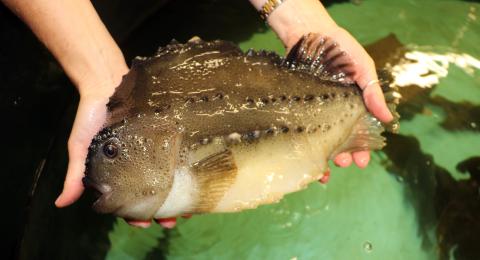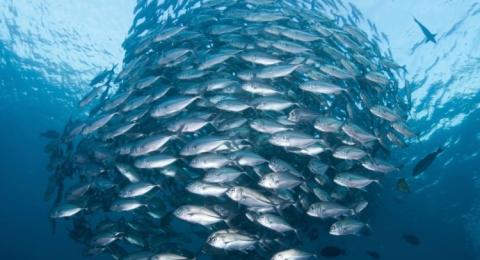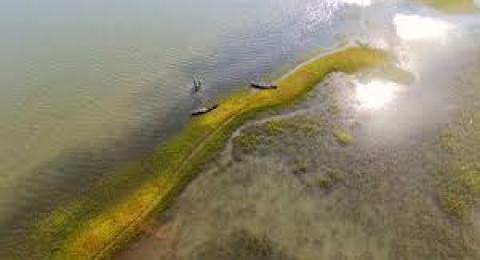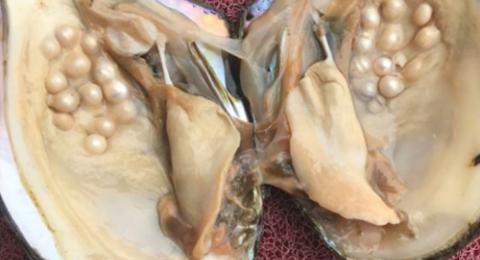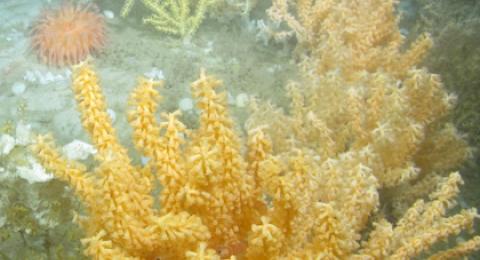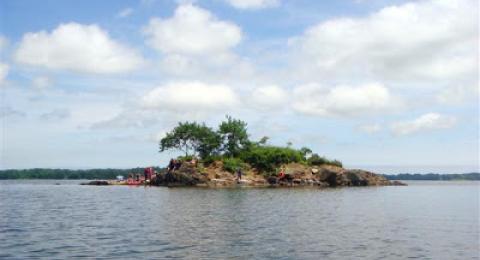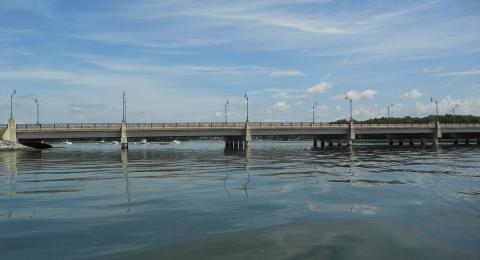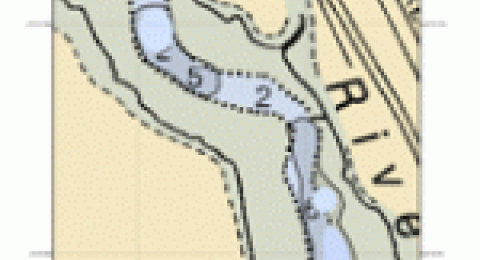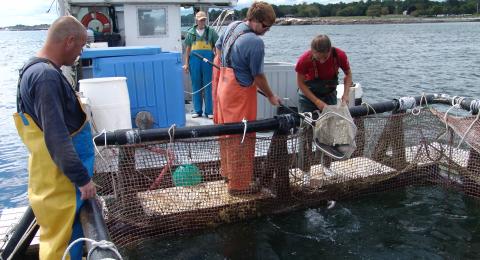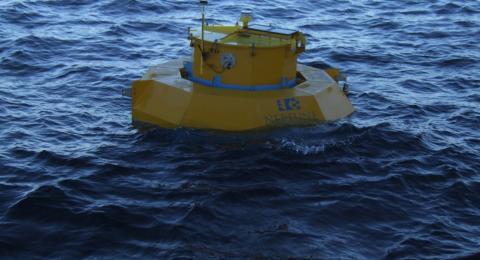Research Initiatives
Lumpfish are being grown at the Coastal Marine Lab to investigate their use as cleanerfish at cage-reared salmonid farms in the US. Researchers are addressing existing lumpfish culture gaps, developing husbandry guides and SOPs to enable the development of a US lumpfish industry, showing proof of…
Learn More
Marine Protected Areas (MPAs) have become a major management tool in attempts to rebuild declining fish stocks globally. The Western Gulf of Maine Closure Area was established in 1997 to help rebuild groundfish (e.g. cod, flounders) populations in the New England region. This project is one of…
Learn More
Traditional methods for monitoring subtidal oyster reefs rely upon extractive sampling techniques such as dredges, tongs, or quadrat sampling by divers. Remote sensing methods such as acoustic sounders and underwater video have the potential to greatly enhance the amount of detailed spatial…
Learn More
Restoration of oyster populations is a high priority for environmental managers in New Hampshire, and many other coastal states. This project seeks to determine the most effective approaches with respect to reef size and placement for restoration of natural reefs. It will address the general…
Learn More
This project was initiated by the City of Dover to restore a portion of a once productive oyster reef in the Bellamy River that suffered drastic declines in recent years, probably due largely to the oyster disease MSX. The Dover funds were partially matched by funds from the NH Estuaries Project.…
Learn More
Previous research on the effects of the Western Gulf of Maine fishing closure has indicated substantial recovery of seafloor habitats. This project was designed to determine how gillnets might be used to assess fish populations in rocky habitats. Ray Grizzle, David Berlinsky, and Mike Leary are the…
Learn More
This project is focused on various ecological processes associated with restored and natural oyster reefs. It will provide information that will complement other ongoing programs aimed at better understanding the ecology and restoration of the eastern oyster in Great Bay. (Funded by NOAA's National…
Learn More
This project will combine experimental and full-scale restoration efforts on an oyster reef in the Bellamy River. It will include implementing an oyster conservationists program that will engage local citizens in helping to raise oysters for future use at restoration sites. Ray Grizzle and Jay…
Learn More
Seafloor ecology research at the Marine School includes seafloor mapping using underwater videography, the effects of marine-protected areas on benthic (bottom) invertebrate communities and fisheries, the impacts of aquaculture activities on benthic communities in the Gulf of Maine, restoration and…
Learn More
Seagrass ecology research at the Marine School emphasizes the functional role and ecology of macroscopic marine algae (seaweeds) in nearshore coastal and estuarine habitats. Recent projects have involved synoptic surveys (censuses) of native and introduced seaweed populations in diverse open…
Learn More
The Marine School aims to stimulate an environmentally sustainable offshore aquaculture industry in New England and nationwide. Research conducted at the Center addresses critical environmental and ecological questions related to offshore farming: Which species should be farmed…
Learn More
In fall 2012, the Center for Ocean Engineering worked with Neptune Wave Power of Dallas, Texas, to analyze their wave energy converter and perform a series of field tests. Their system was first analyzed with UNH software to optimize the mooring configuration and assist with the proper…
Learn More
